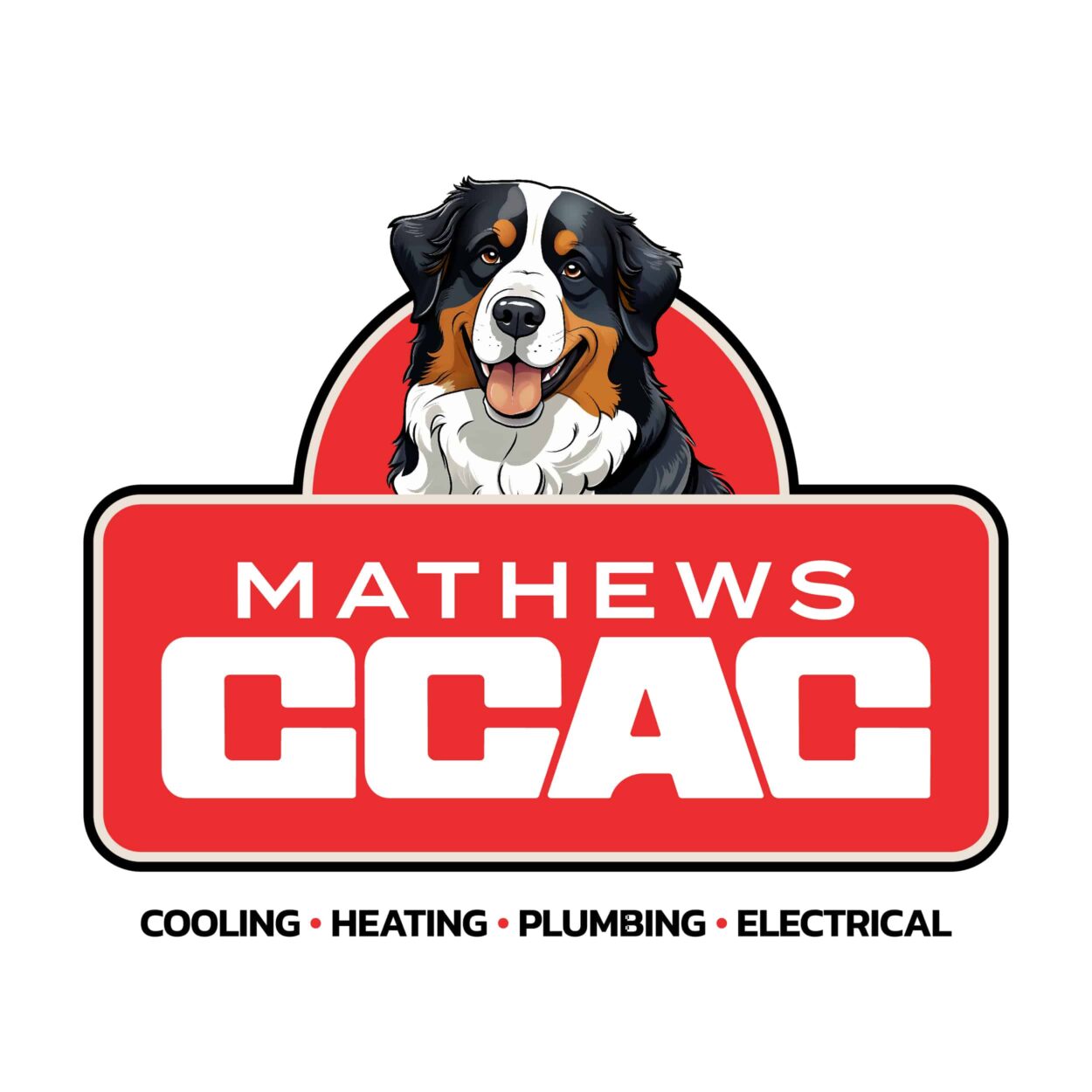 If you or anyone else in your home is experiencing frequent respiratory distress or other unexplained discomfort, your home could have a high concentration of volatile organic compounds (VOCs). These gases come from common household products and have been linked to health problems from minor to major.
If you or anyone else in your home is experiencing frequent respiratory distress or other unexplained discomfort, your home could have a high concentration of volatile organic compounds (VOCs). These gases come from common household products and have been linked to health problems from minor to major.
Where They Come From
Anything made with hydrocarbons can have VOCs inside it. As the weather or your home warms, the gases escape and you inhale them. You’ll find VOCs in:
- Air fresheners, including liquids, solids and aerosols.
- Any perfume soap.
- Makeup.
- Home remodeling products like paint, finishes, new flooring, wallpaper, glues and adhesives.
- New furniture, including the upholstery fabrics.
- Vehicle exhaust.
- Byproducts from gas stoves.
- Dry cleaning.
- Pesticides.
What They Do
Reactions to VOCs vary based on the amount in the air and their duration. Short exposures may have no side effects, while long-term inhalation of VOCs can cause cancer, kidney and liver failure and nerve damage. More frequent side effects include headaches, dizziness, throat irritation, or nausea. Some people are more susceptible than others.
How to Minimize VOCs in the Air
The best strategy for lowering the discomfort and risk of exposure to volatile organic compounds is to avoid using products that contain them. Look for labels that indicate they’re clean air certified or low in VOCs.
If you must use them, consider these options to clean the air:
- Some kinds of house plants remove VOCs through their leaves, roots and soil.
- Fresh air. When weather permits, open windows and doors to bring in fresh air to dilute the concentration of VOCs.
- Mechanical ventilation. It’s not realistic to open windows during the summer, but with an energy recovery ventilator (ERV), you can have fresh air without the cost of cooling it. ERVs strip the energy from the outgoing air and put it into the incoming air so you’re not paying to cool it.
If you suspect or know that volatile organic compounds are affecting your health negatively, look to your HVAC system and contractor for solutions. To learn more, contact CCAC, providing trusted HVAC services for Coastal Bend homeowners.
Our goal is to help educate our customers in Corpus Christi, Texas about energy and home comfort issues (specific to HVAC systems). For more information about HVAC topics, download our free Home Comfort Guide or call us at 361-678-2495.
Credit/Copyright Attribution: “Stephanie Lirette/Shutterstock”












